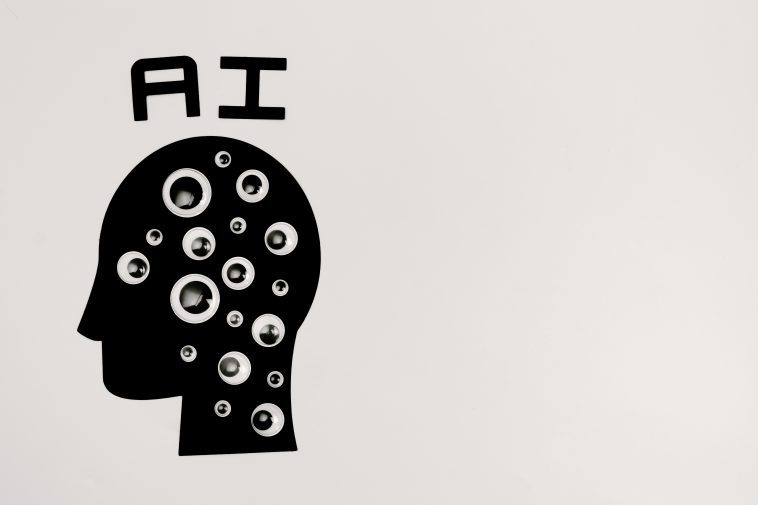In today’s digital age, the significance of artificial intelligence (AI) is undeniable, especially with the recent launches of platforms like ChatGPT and Google Bard. But what is AI? AI is a subset of computer science that endeavors to design machines capable of emulating human intelligence. This encompasses human-like thinking and the ability to learn, reason, and self-improve. From chatbots to predictive analytics, AI innovations are revolutionizing business operations worldwide, and African startups are no different. Here’s a look at five pivotal roles AI plays for African startups:
Enhancing Productivity and Streamlining Operations
AI can automate numerous mundane tasks, allowing employees to concentrate on more innovative and strategic endeavors. This automation can significantly boost productivity and operational efficiency for African enterprises.
Augmenting Decision-making Capabilities
By analyzing vast datasets and detecting patterns that might be elusive to human analysts, AI empowers businesses to make more informed decisions. This can give African startups valuable insights into market trends, customer behaviors, and other pivotal factors.
Facilitating the Development of Novel Products and Services
AI can aid in crafting products and services tailored to the specific needs of African consumers and businesses. For instance, AI-driven medical diagnostics can elevate healthcare standards, while AI solutions in agriculture can enhance crop yields.
Broadening Market Reach
AI tools, especially those focused on language translation, can enable African startups to market their offerings to global audiences, spanning continents from Europe and America to Asia.
Driving Job Creation
The evolution of AI is anticipated to generate millions of new job opportunities in the coming years. African startups can spearhead this employment boom by leveraging AI solutions, especially in Francophone Africa.
Key AI Technologies Beneficial for Startups
Machine Learning Allows computers to learn autonomously without explicit programming. It can train AI systems for object recognition and customer behavior prediction tasks.
Natural Language Processing (NLP)
It enables computers to comprehend and produce human language, facilitating the creation of chatbots and virtual assistants.
Computer Vision
Empowers computers to identify and interpret objects and scenes in visual content, aiding in tasks like image classification and object detection.
AI’s Versatility Across Sectors
AI’s adaptability is one of its standout features. Whether in agriculture, e-commerce, fintech, or healthcare sectors, AI can tackle challenges unique to Africa, such as precision agriculture or crop disease prediction.
Conclusion
AI isn’t merely a trending tech term; it’s pivotal for the trajectory of African startups. As Africa grapples with myriad challenges and opportunities, AI emerges as a competitive edge, heralding growth and innovation tailored to the continent’s distinct landscape. African startups must spearhead this AI wave, mastering its tools to envision a tech-driven, prosperous future.





